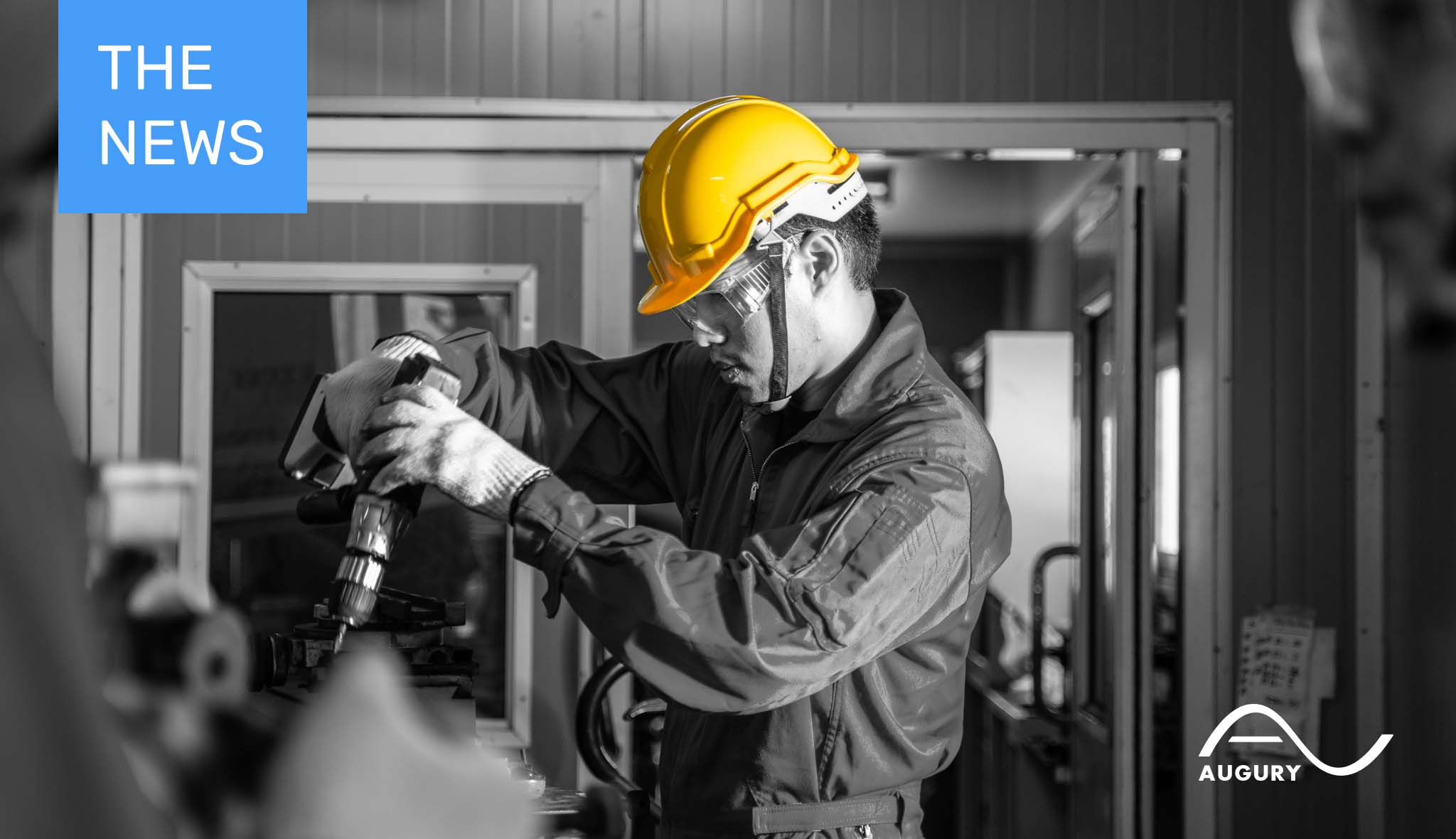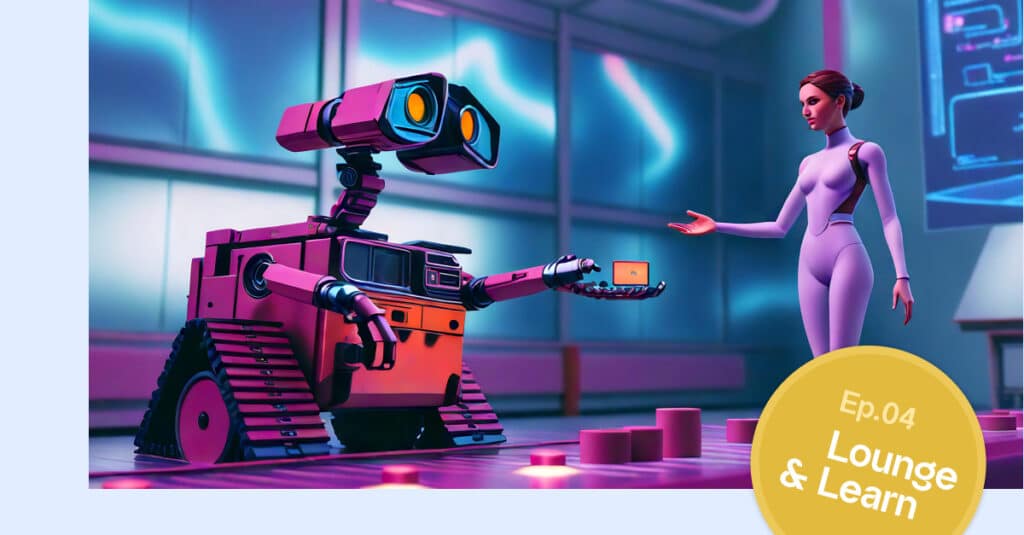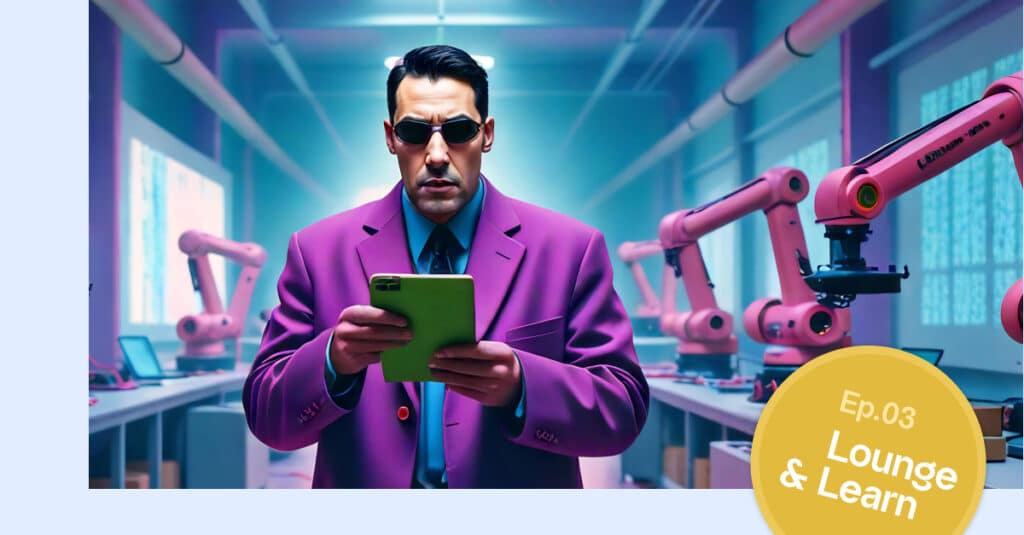
With breakthroughs in generative AI and nuclear fusion, 2022 may prove to be a watershed year for innovation. But all this creative invention will go nowhere without creative implementation. So, let’s make 2023 the year of rolling up our sleeves – together… Read all about it in our monthly round-up of manufacturing-related news.
Happy Innovation!
As far as invention goes, 2022 had a big bang exit with everyone yelling ‘Gamechanger!’ to the new prototype version of ChatGPT.
Certainly, the eerily impressive AI chatbot will likely transform the worlds of software development, search engines and fake news. But it also brought home the fact that we need regulations as innovative as the algorithms that need to be regulated. Meanwhile, ChatGPT’s shortcoming also worked to emphasize how the best results arise when humans and AI work together in harmony.
Then, there was the incredible news of being one step closer to boundless clean energy: “A U.S. lab has successfully sparked a fusion reaction that released more energy than went into it,” according to ‘Scientists Achieve A Breakthrough In Nuclear Fusion. Here’s What It Means’.
Then came the second sentence: “But there’s still a long way to go toward fusion as a clean energy source.”
Eurekas Are Great. But Implementation Is Greater
“Invention alone can’t change the world; what matters is what happens next,” according to the enlightening long-read ‘Why The Age Of American Progress Ended’. And unfortunately, while the US remains top dog when it comes to R&D, it lags in actual implementation.
The article’s author uses the eradication of small pox as case study. Like a Wright, Edison or Musk, Edward Jenner (1749-1823) will be remembered as the inventor of the smallpox vaccine that saved tens of millions of lives. But in fact, it took a rainbow of different individuals and institutions to make it through the last-mile.
And in recent decades, while the US still leads in Nobel Prizes for sciences, the country is missing the boat in terms of future-defining technologies such as solar, nuclear reactors, mRNA and microchips. So how can discovery be better realigned with deployment?
A New Culture Of Progress
First, it seems we need an emergency, such as the COVID-19 pandemic to spark a new wave of private-public partnerships. Basically, Operation Warp Speed was a wartime policy applied to a health crisis – likely saving millions of lives in the process. (Imagine if we applied similar resources and collaboration to fighting cancer or climate change.) But unlike with the smallpox vaccine, many people refused to take the available COVID-19 vaccines. So a change in culture is also required…
“When you add the anti-science bias of the Republican Party to the anti-build skepticism of liberal urbanites and the environmentalist left, the U.S. seems to have accidentally assembled a kind of bipartisan coalition against some of the most important drivers of human progress. To correct this, we need more than improvements in our laws and rules; we need a new culture of progress.”
It remains to be seen how Biden’s recent series of laws seeking to boost industry will play out – in terms of actually jumpstarting the production of microchips, solar panels, electric cars, and infrastructure.
While the author does not claim to have all the answers, he does believe these fiscal incentives must come backed with an increased sense of trust. “One of the most important differences between invention and implementation is that the former typically takes place in private while the latter is necessarily public. The first practical silicon-solar-cell technology was developed in a corporate lab in New Jersey. Building a solar farm to generate electricity requires the sustained approval of officials and local residents—in other words, it requires people to genuinely believe that they will benefit, at least collectively, from changes to their lived environment.”
“It takes one hero to make a great story, but progress is the story of us all.”
Keeping Prices Low and Emotions Warm
Perhaps there’s a lesson to be learned from the “retail oddity” that every single living American adult and child has likely played with.
“Hot Wheels are an anomaly in that the continued sales volume and razor-sharp production pipeline manage to keep costs just low enough to maintain that sweet $1 price point,” according to ‘Why Hot Wheels Are One Of The Most Inflation-Proof Toys In American History’.
The toy’s success and its ability to stay cheap is attributed to “a smorgasbord of collaborations” and “investment in high-tech manufacturing capabilities and the introduction of cutting-edge technology.”
“We like to say that everyone’s first car is a Hot Wheels,” says Mattel’s VP of Design for Hot Wheels. “And as new parents get back into the brand for their kids, it can sometimes rekindle the joy they had for the brand as a child.”
So, let’s all kindle that collective joy and move ahead. Happy New Year!
Read ‘Manufacturing – The News: Recession Hacks For Industry’.
To learn more about how Augury’s solutions drive collective joy, innovation and implementation, get in touch today.
(Who thinks the above piece was written by AI?)




